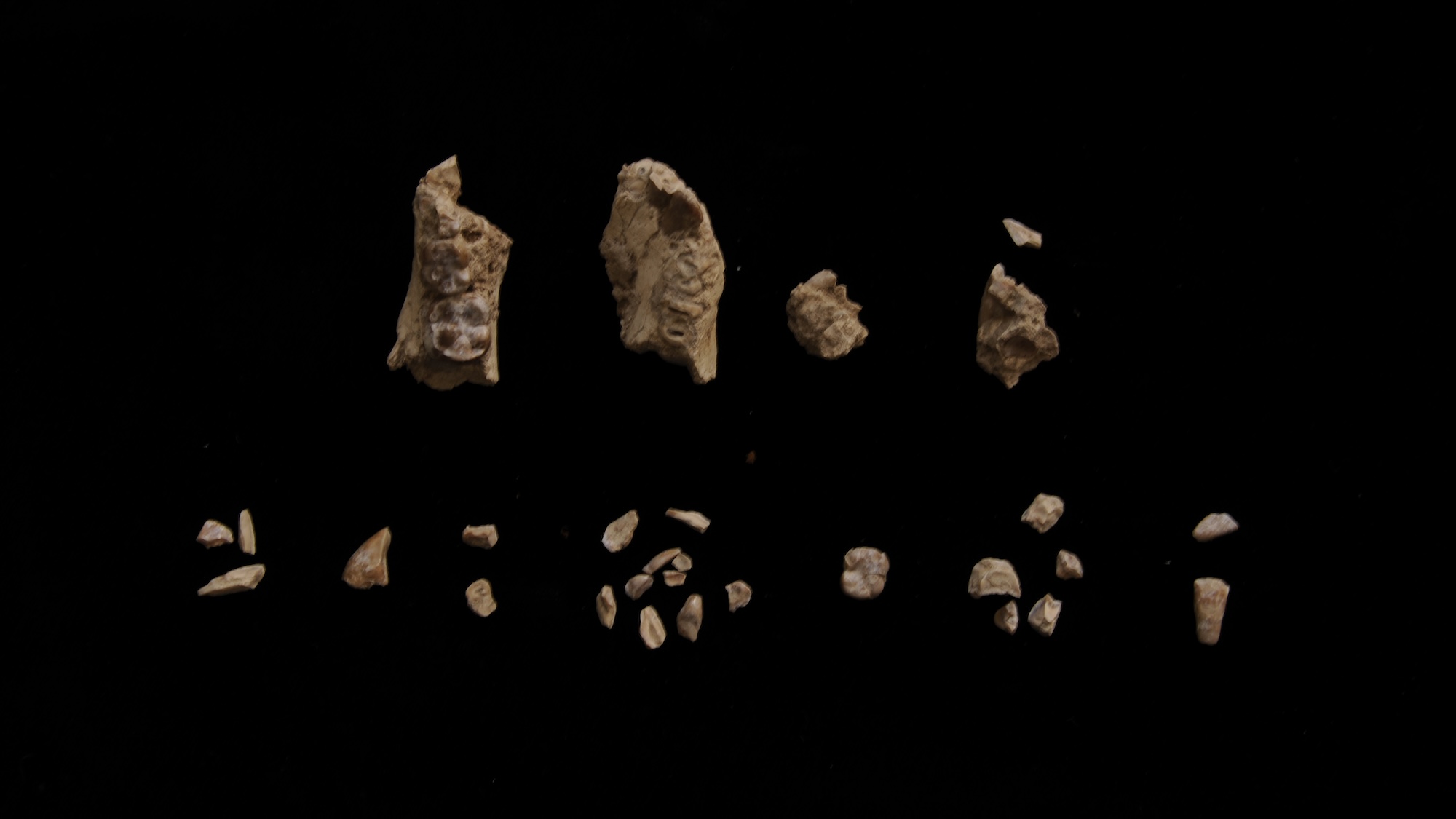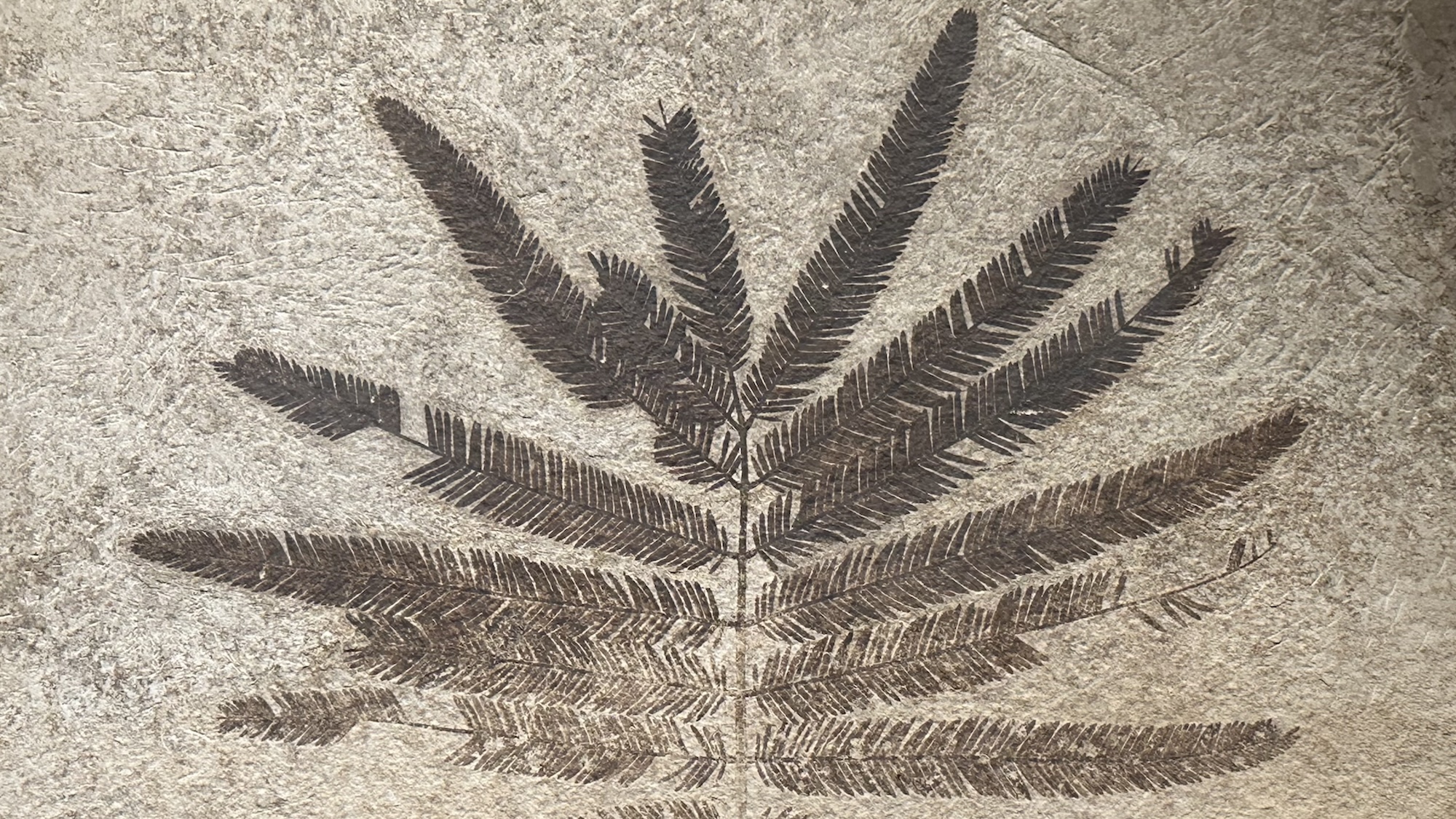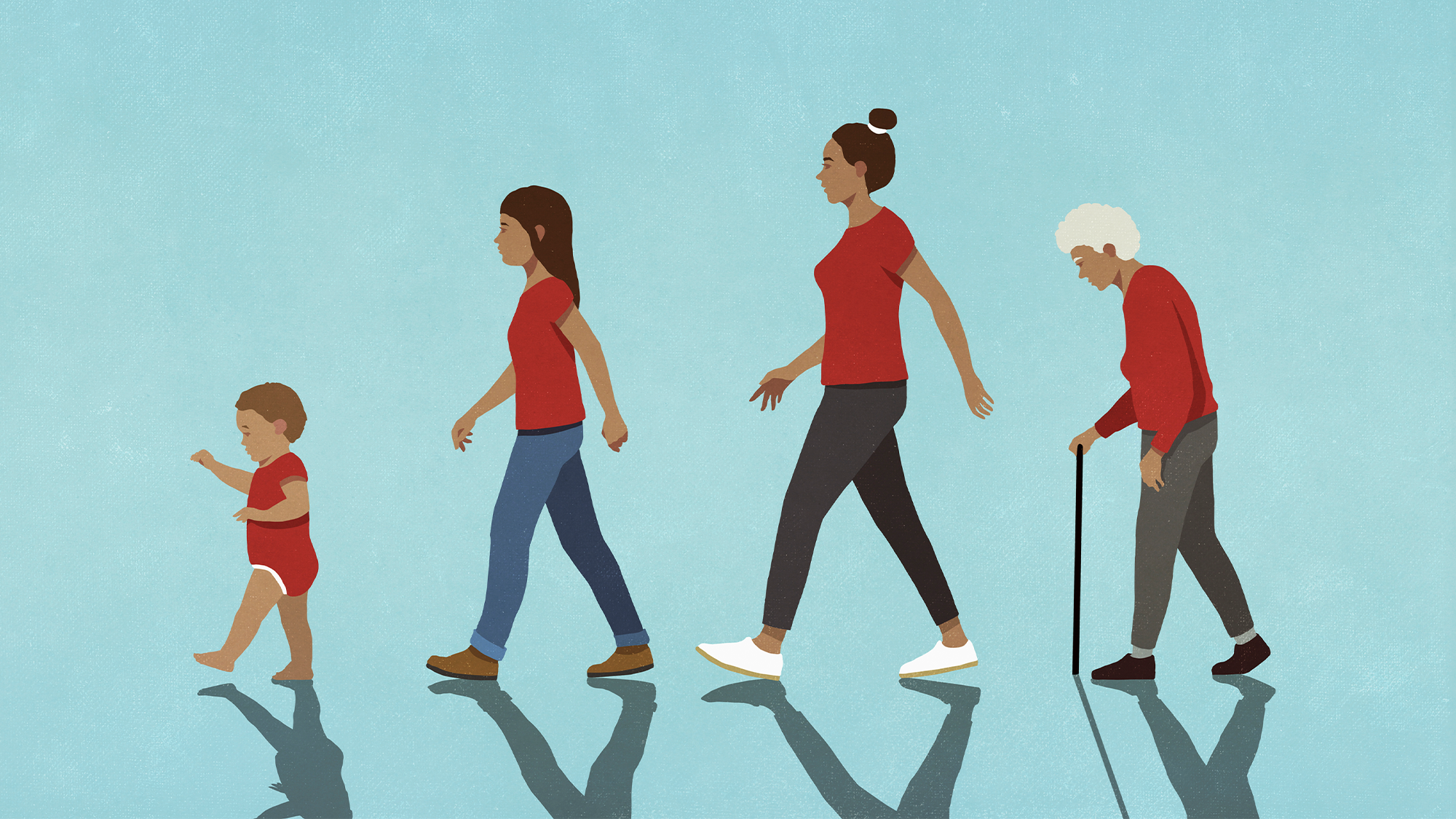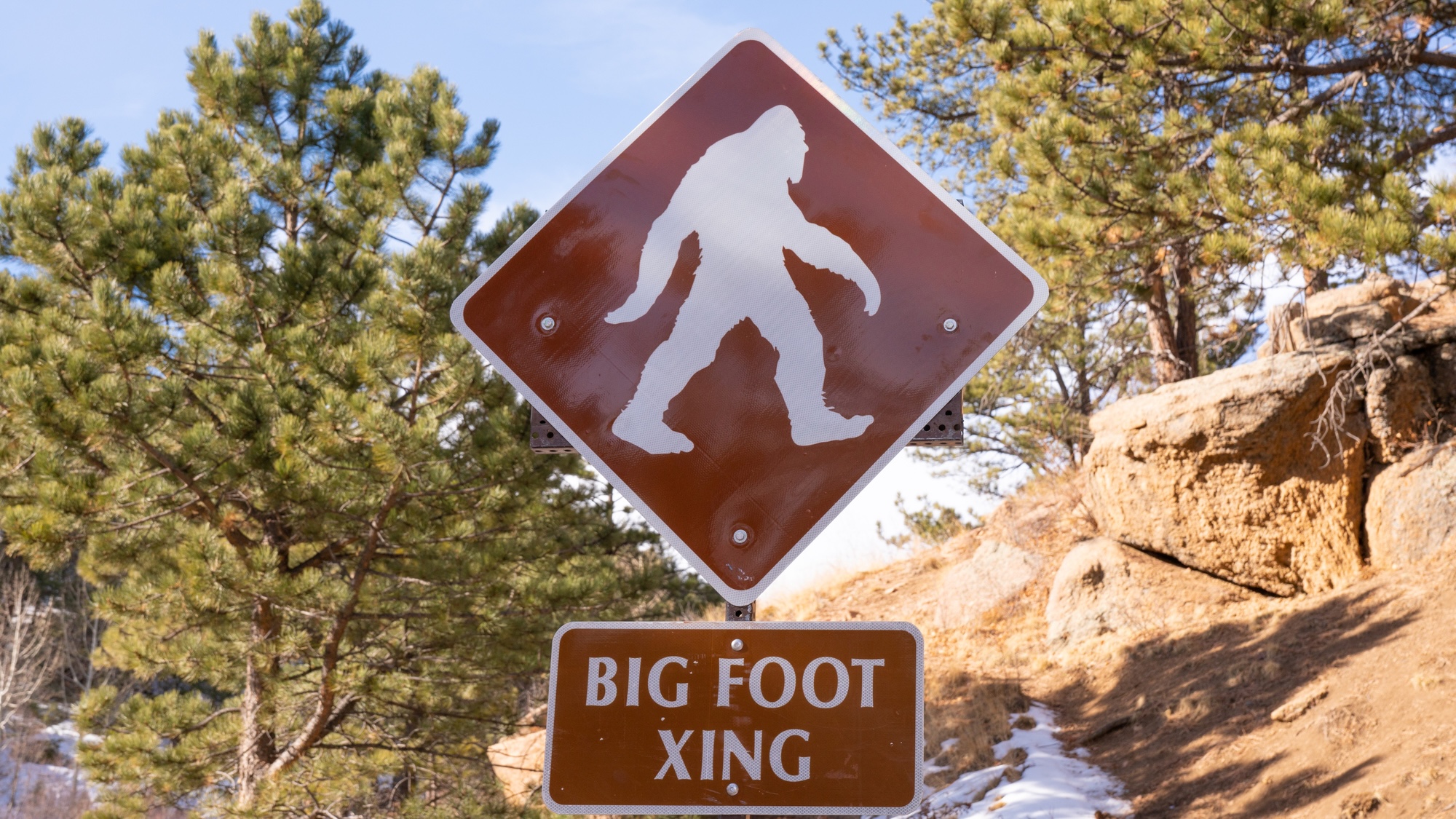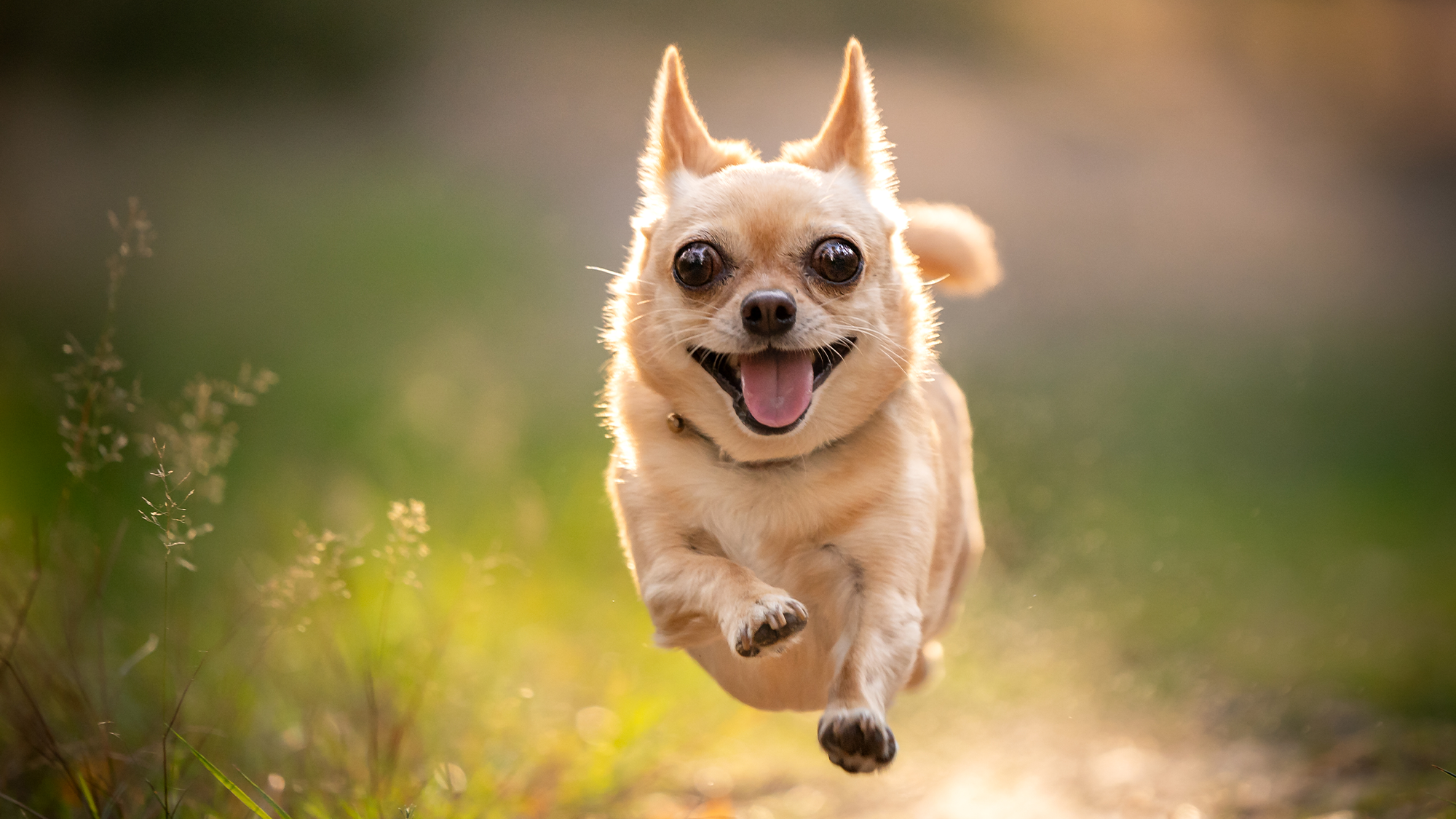Golden retrievers and humans share ‘striking’ genetic similarities
PositiveScience

- Recent genetic research has revealed that golden retrievers and humans share significant genetic similarities, particularly in genes that influence intelligence, anxiety, and depression. This finding underscores the close biological connection between the two species, suggesting that similar genetic factors may affect behavior and mental health in both.
- The implications of these genetic similarities are profound, as they may enhance understanding of canine behavior and its parallels with human psychology. This could lead to improved training methods and better mental health support for both species.
- The study also highlights the broader evolutionary connections between domestic dogs and their wild ancestors, such as wolves, emphasizing the shared genetic heritage that influences behavior across species. This ongoing research into canine genetics may provide insights into the evolution of social behaviors and mental health issues in both dogs and humans.
— via World Pulse Now AI Editorial System

